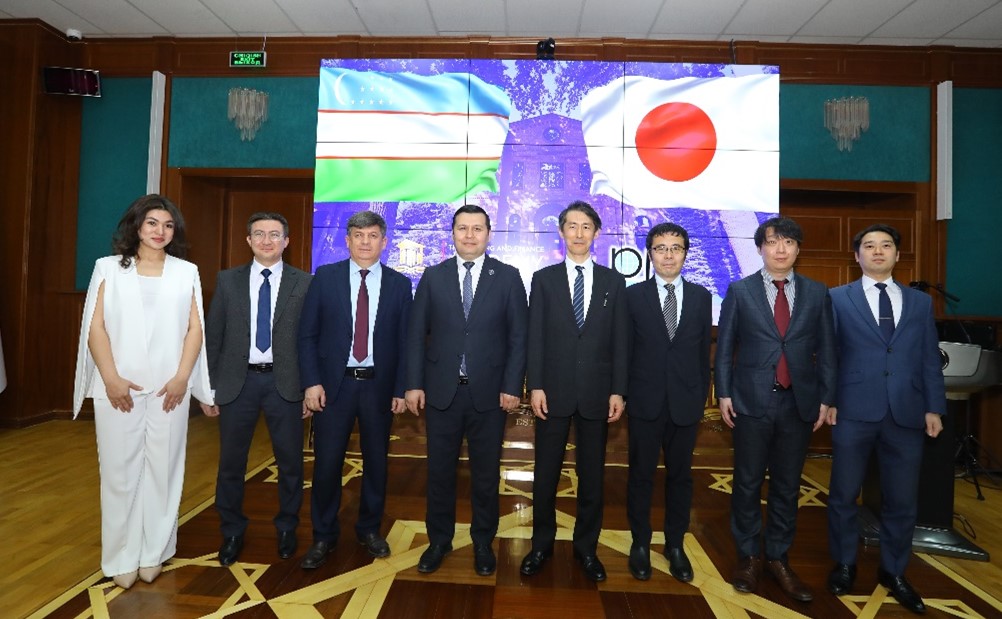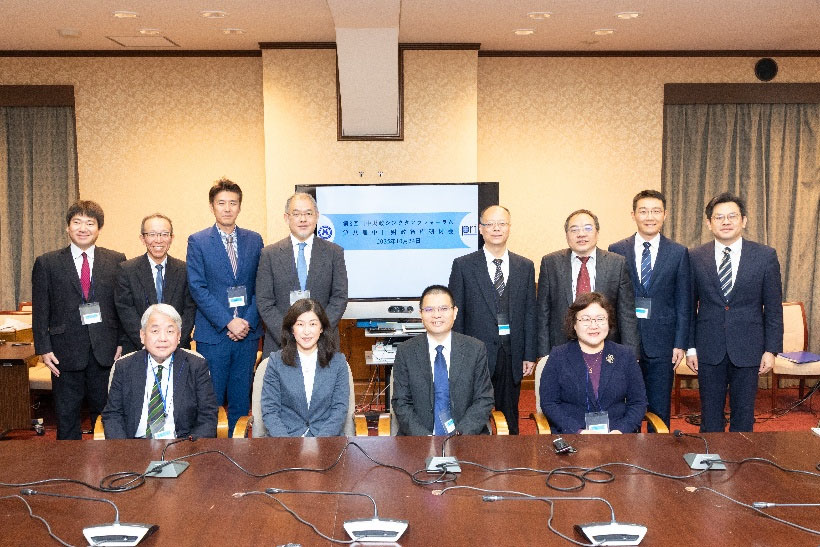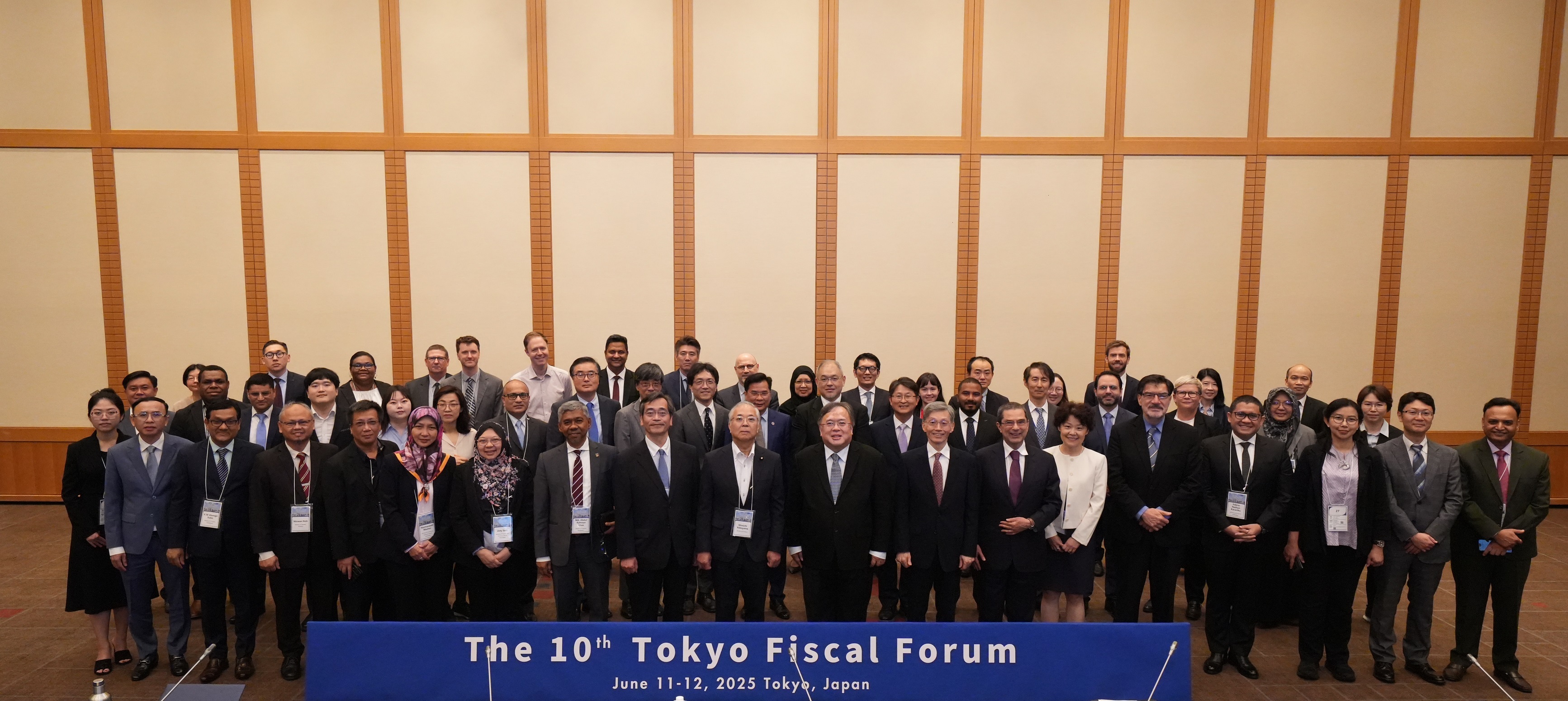In this publication, based on the recognition that tax enforcement is critically important when considering the ideal tax system, attempts to approach the issues surrounding tax enforcement from the angles of the rule of law, money, borders, and legal compliance, covering topics from long-standing issues to current initiatives and nascent movements.
China’s Fiscal Situation and Policy Challenges - Fiscal Risk Considerations(PDF:1521KB)![]()
NAITO Jiro
China’s Medium- and Long-Term Growth Outlook and Constraints(PDF:1170KB)![]()
FUKUMOTO Tomoyuki
Xi Jinping’s Governance Vision as Reflected in Institutional Restructuring(PDF:1020KB)![]()
KOJIMA Kazuko
|
Title/Keywords |
Authors |
Creation Date |
|---|---|---|
| Intrafirm carry-along trade(PDF:658KB) Keywords:Trade intermediation by producers, Carry-along trade, Intrafirm trade JEL Classification: F12, F13, F14, L11 |
Faculty of Business and Commerce, Keio University, Japan Masahiro Endoh Faculty of International Social Sciences, Yokohama National University, JapanUraku Yoshimoto Graduate School of Economics, Kyoto University, JapanNaoto Jinji Graduate School of Social Sciences, Chiba University, JapanKeiko Ito |
October 2025 /25A-08 |
| What are the incentives behind working-hour adjustments by second earners?(PDF:627KB) Keywords:Labor supply elasticity, Second earner, Income target, Tax and social insurance premiums JEL Classification: J22, H24, J16 |
Faculty of Economics, Meiji Gakuin University, Japan Naomi Kodama Graduate School of Humanities and Social Sciences, Hiroshima University, JapanShohei Momoda Policy Research Institute, Ministry of Finance, JapanMasahiro Mikayama Policy Research Institute, Ministry of Finance, JapanTomohiro Iguchi |
September 2025 /25A-07 |
Upon request by the Government of the Republic of Uzbekistan, Policy Research Institute (the PRI) has been providing the Banking and Finance Academy (BFA) with intellectual support for human resource development in Uzbekistan since the BFA’s establishment in 1996. This support has included accepting the BFA students for seminars held in Japan and dispatching the Honorable First Vice-Rector of the BFA (part-time).
During the PRI delegation’s visit to Tashkent, Uzbekistan, the PRI held a Joint Seminar with the Ministry of Economy and Finance of the Republic of Uzbekistan (UMOEF) and the BFA. On this occasion we had a productive discussion with the executives of the BFA on our future support to the Academy.

The Policy Research Institute (PRI) and National Council of Applied Economic Research (NCAER) held “The PRI-NCAER Joint Workshop” online on April 17, 2024. In this collaborative workshop, the NCAER delivered the presentation about Logistics Cost in India and Socio-Economic Impact of Platform Workers, followed by the discussion among participants.
On October 24, 2025, the Policy Research Institute (PRI) and the Chinese Academy of Fiscal Sciences (CAFS), jointly held the 8th Japan-China Think Tank Forum on Finance Policy in Tokyo, focusing on “Current Economic Trends and Policy Considerations for Demographic Changes”. Since 2016, the PRI has held joint seminars with the CAFS which operates under the auspices of the Chinese Ministry of Finance.
At the Forum, speakers delivered presentations on “Current Economic Situation and Fiscal Policy” and “Social Safety Net Design in Response to Demographic Changes”. Commentators then provided their opinions on these presentations, leading to active discussions.

The Policy Research Institute (PRI), the Fiscal Affairs Department of the IMF, and the Asian Development Bank Institute (ADBI) held the 10th Tokyo Fiscal Forum “Strengthening Fiscal Sustainability and Public Finance Operations” on June 11 and 12, 2025 in person.
Government officials and experts in fiscal policy from 19 countries in Asia the Pacific and officials from international organizations intensively discussed " Credible and Robust Fiscal Framework " and " Digitalizing Public Finance Operations " from a policy perspective, based on examples of initiatives in Asian and Pacific countries.
